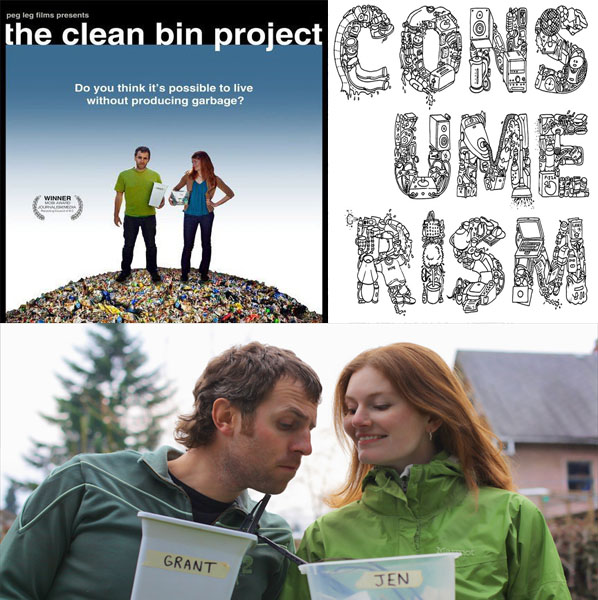Across the cybersphere, people continue conducting their own unique and sometimes-radical lifestyle experiments while documenting the results for all to see. Some are light and fun, as was the case with Julie Powell’s yearlong effort to cook her way through Julia Child’s Mastering the Art of French Cooking (which resulted in a subsequent book contract and a Meryl Streep movie), while others are a bit more planet changing and weighty, such as Colin Beavan’s deeply committed green lifestyle revamp (which, yes, birthed a book and film).
Interested in promoting the idea of sustainable fashion while also raising funds for Mumbai’s nonprofit Akanksha Foundation, Sheena Matheiken launched the Uniform Project, in which she donned the same basic black dress spruced up with an ever-changing lineup of diverse vintage, handmade and otherwise repurposed fashion accessories for the span of an entire year.
For five years, Beth Terry from My Plastic-Free Life has maintained an online diary detailing the great lengths she has gone to purge petroleum-based plastics from her personal environment, an effort that has proven to be incredibly illuminating given the fact that the manmade material has become deeply embedded in practically every corner of modern society.

- Avoid the purchase of material goods such as gadgets, household goods, clothing, cosmetics or anything that fuels the typical, consumer-driven, throwaway lifestyle.
- Basic necessities such as edibles, essential personal hygiene products (like deodorant, toilet paper, dental care items) and medication were acceptable to purchase within the one-year time period as long as pre-existing supplies were entirely used up. Also, only new products available in streamlined, recyclable packaging could be brought into their living quarters.
- Try to create minimal to no waste by personally recycling all materials when possible and/or composting biodegradable materials.
- Acquiring free, secondhand items was perfectly acceptable since they would be diverted from the waste stream.
- Off-limits items included single-serving/one-time-use/disposable containers and serving ware (such as what would be available at a fast-food restaurant or party — straws and toothpicks included!), plus disposable paper towels and bulk bags/shopping bags.
- If they forgot to tote their own reusable shopping bags to a market, resourceful thinking would be key (and yes, outstretched T-shirts could do the trick in a pinch).
- Gifts for friends and family members must also be subject to the Clean Bin Project rules.